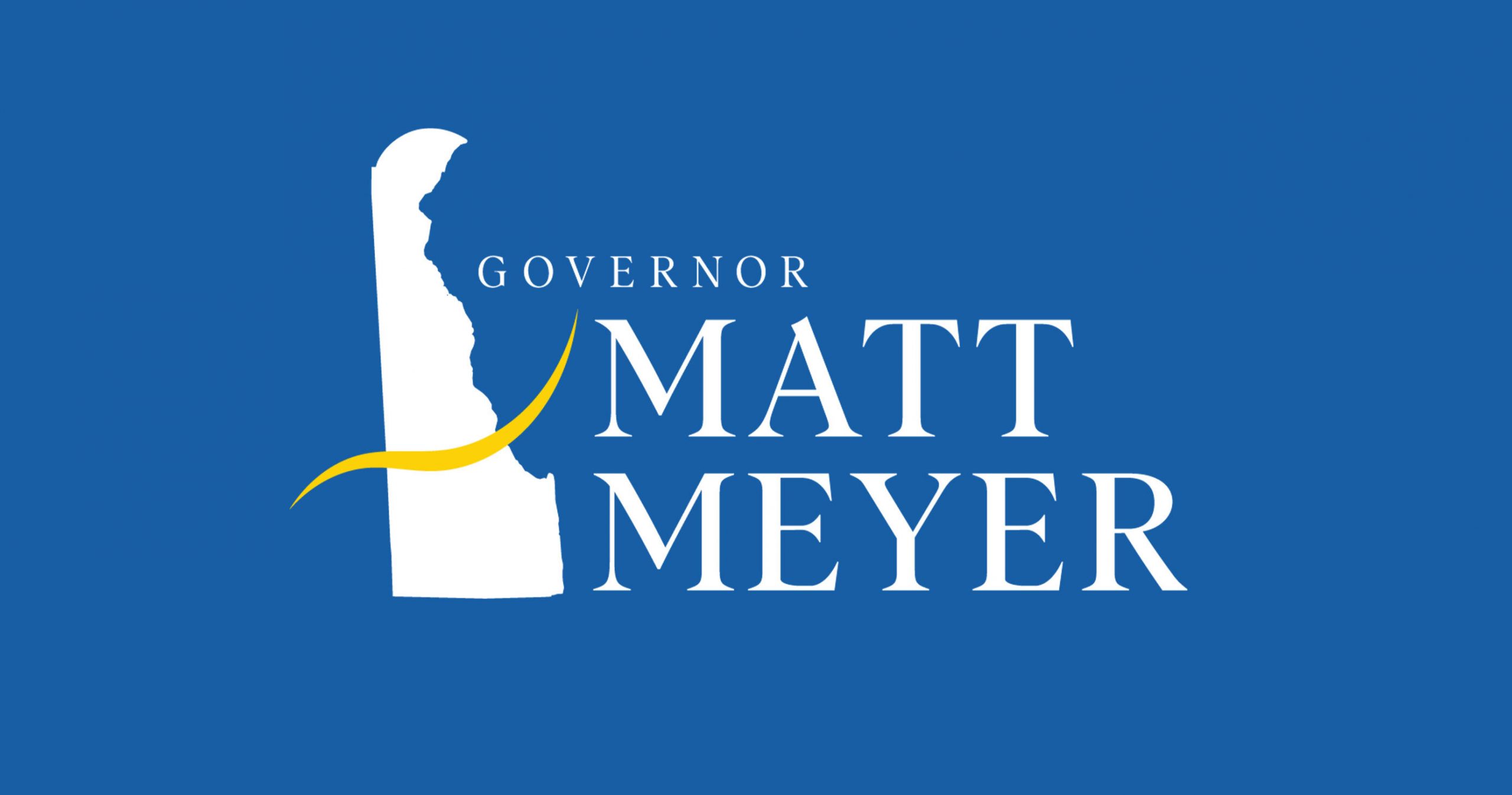Governor Meyer Signs Legislation to Bring Down Energy Prices, Protect Environmental Resources and Wildlife

WILMINGTON– Today, Governor Matt Meyer signed a sweeping package of energy legislation into law to ensure that energy is accessible, affordable, and reliable to meet the needs of all Delawareans. He will also sign bills that safeguard our state’s air and water quality. Championed by legislators, advocates, and environmental leaders, these new provisions aim to lower utility costs, add more energy to the grid, deliver power to Delaware households more reliably, hold polluters accountable, and protect Delaware’s rich biodiversity.
“Delawareans should be able to keep the lights on and breathe clean air no matter what zip code they live in,” said Governor Matt Meyer. “These laws take on rising energy costs, crack down on polluters, and protect the natural beauty that makes our state special. This is common-sense, people-first governance.”

The eleven bills focus on energy reform and environmental protection. Key provisions range from expanding energy storage and regulating utility rates to strengthening enforcement against environmental violations and honoring Delaware’s unique wildlife.
Senate Bill 59 reforms utility rate-setting to prioritize prudent spending over unchecked cost recovery. Senate Bill 60 prohibits use of customer funds for non-utility activities and limits excessive capital spending. Senate Bill 61 requires transparency in Delaware’s participation in regional energy grid governance. All three of these bills were sponsored by Sen. Stephanie Hansen.
“Sparked by increasingly higher prices for energy, these pieces of legislation represent the spirit of democracy at work,” said Sen. Stephanie Hansen. “In tandem, these bills are a coordinated and comprehensive approach to addressing the skyrocketing cost of energy while making sure that our most vulnerable neighbors aren’t left behind. I want to thank the constituents who raised their voices, the partners and advocates who helped shape this effort, and our Governor for signing the bills into law today.”
Sen. Hansen also sponsored Senate Bill 175, which ensures net-metering customers benefit from excess energy credits, and Senate Joint Resolution 3, directing a cost-benefit analysis and pilot program for energy storage systems in Delaware.
House Joint Resolution 3 calls for a comprehensive analysis of grid-enhancing technologies across all Delaware utilities, sponsored by Rep. Frank Burns.
“Delaware is seeing real challenges with energy reliability and rising costs, and recent spikes in energy bills are hitting consumers hard,” said Rep. Frank Burns. “By studying Grid-Enhancing Technologies and exploring ways to boost grid capacity, we can strengthen our energy supply to better meet demand and ultimately lower costs for Delawareans.”
House Substitute 1 for House Bill 50 establishes the Delaware Energy Fund to provide utility assistance to low- and moderate-income households. And House Substitute 2 for House Bill 116 allows for discounted utility rates for low-income residents. Both of those bills were sponsored by Rep. Debra Heffernan.
“This past winter made it clear just how vulnerable so many households are to rising energy costs. And with PJM, our regional grid operator, warning that rates could jump as much as 30% this summer, the pressure on families is only growing,” said Rep. Debra Heffernan, Chair of the House Natural Resources and Energy Committee. “The bills signed into law today will help make energy more affordable in the long-term and provide the stability and relief our most vulnerable neighbors need in the near future.”
Earlier this year, Governor Meyer also signed House Bill 62, sponsored by Rep. Melanie Ross Levin, which limits utility cutoffs at critical times and during extreme heat or cold weather.
Rep. Larry Lambert sponsored House Bill 210, which raises fines on commercial polluters and allocates more penalty revenue to impacted communities.

“Pollution does not impact everyone equally. And as we’ve seen over and over again, it’s often our underserved neighbors and communities of color who face the highest levels of exposure, while having the fewest resources to fight back,” said Rep. Larry Lambert. “HB 210 is the result of years of hard work and conversations with residents. Now, thanks to Governor Meyer’s signature, we will be better able to hold polluters accountable and get money and resources back into the communities that are most impacted.”
These reforms come at a time of rising energy costs and heightened climate urgency, particularly following a winter in which many Delawareans struggled with unusually high heating bills. Governor Meyer emphasized that these bills were developed collaboratively with members of the General Assembly, the Public Service Commission, Delaware Public Advocate, DNREC, Energize Delaware, environmental groups, and community advocates.
House Bill 189, sponsored by Rep. Sophie Phillips, and Senate Bill 148, sponsored by Sen. Stephanie Hansen, call attention to two important animals in Delaware’s ecosystem. The House bill designates the Red Knot as Delaware’s official migratory bird, and the Senate Bill designates the Blue Dasher as the official state dragonfly.
“Red knots are a critical part of Delaware’s ecosystem and are a great example of why we must tread carefully in nature,” said Rep. Sophie Phillips. “By making this incredible species our state migratory bird, we are helping to bring awareness to the importance of protecting our ecosystem and all of the creatures within it.”
For additional questions or to set up an interview with Governor Matt Meyer please email govcomm@delaware.gov.
Legal Disclaimer:
EIN Presswire provides this news content "as is" without warranty of any kind. We do not accept any responsibility or liability for the accuracy, content, images, videos, licenses, completeness, legality, or reliability of the information contained in this article. If you have any complaints or copyright issues related to this article, kindly contact the author above.
